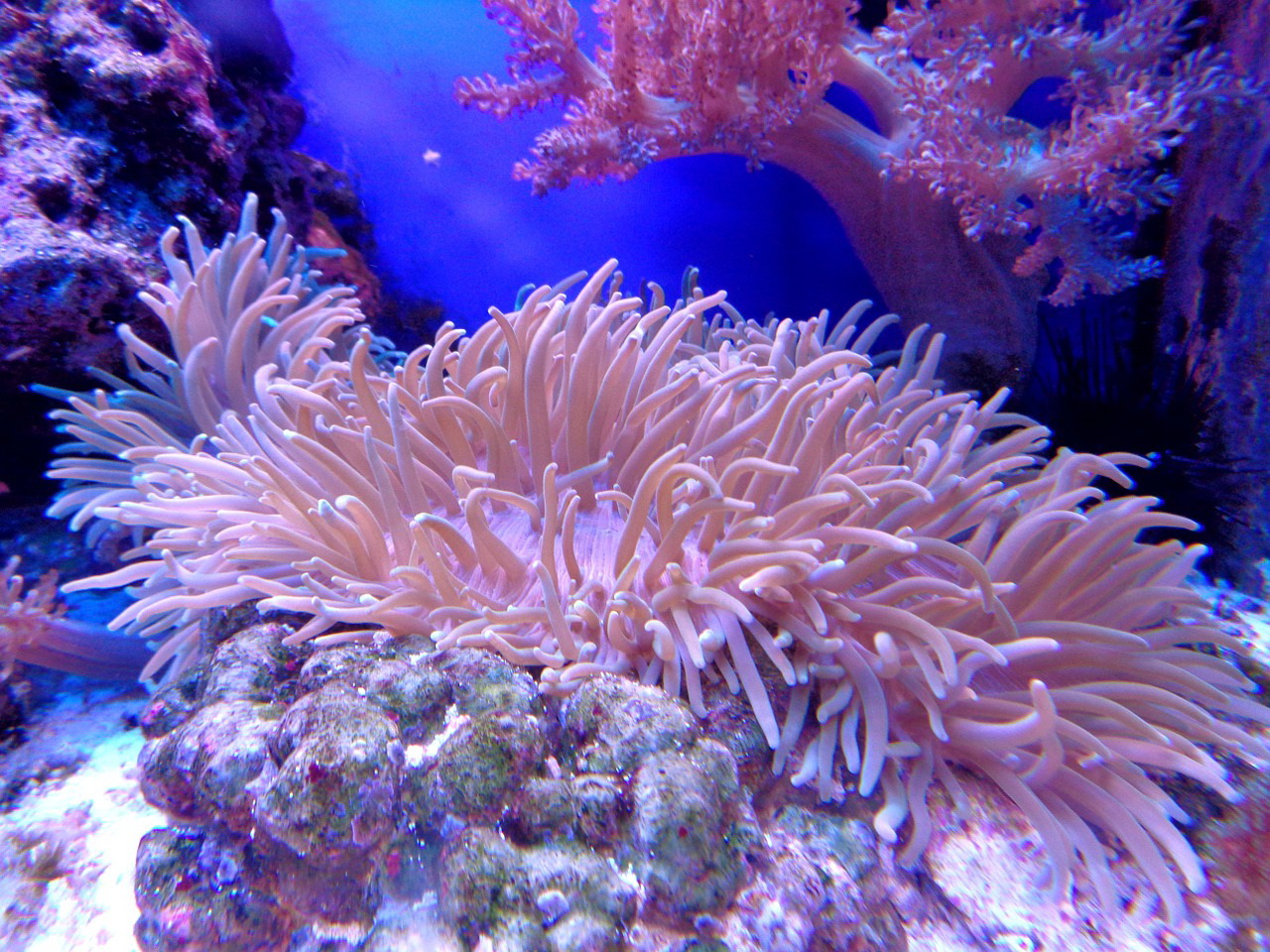“First and foremost, it is clear that any type of deep-sea mining will have an impact on the seabed due to that material will be removed, and that the seabed therefore will be changed after the operation,” says Jens Laugesen, Chief Specialist Environment at DNV.
He continues saying that the main environmental challenges that have been identified are related to:
- Direct impacts by sediment disturbance, compaction, and removal of hard substrate and life,
- Indirect impacts by generation and re-sedimentation of particle-laden sediment plumes,
- Discharges to water (for example return water from the mining vessel),
- Others, like thermal pollution, light pollution, noise and vibrations (from the mining activity and the support vessel)
«An interesting question is if the technologies that are now being developed can solve the environmental challenges completely or partly,” Laugesen says.
In his talk at NCS Exploration – Deep Sea Minerals, October 19-21 in Bergen (“Can the Environmental Challenges with Deep Sea Minerals be Solved by Better Mining Technologies?”), Laugesen will concentrate on the first three bullet points that may all lead to habitat loss, fragmentation, and degradation.
 To fully appreciate this question, according to Laugesen, it is necessary to be aware that there is a substantial difference between the present technologies for mining of manganese nodules and mining of massive sulphides and cobalt-rich crusts.
To fully appreciate this question, according to Laugesen, it is necessary to be aware that there is a substantial difference between the present technologies for mining of manganese nodules and mining of massive sulphides and cobalt-rich crusts.
“Not only are the technologies different, but also the environment in which they are located, the ecosystem and habitat as well as the spatial extent of the living and non-living resources,” he says.
“While mining of manganese nodules is most comparable to potato harvesting, mining of massive sulphides and cobalt-rich crusts is much more local and requires cutting processes and technologies to loosen the material before the sulphides/crusts can be removed”.
In his talk at the conference in Bergen, Laugesen will discuss possible technical measures to reduce the environmental impact from seabed mining.
“Regardless, reducing the area consumption and footprint through technical, operational, legal or other (restrictive) measures or thresholds will be crucial to maintain a healthy ocean ecosystem,” Jens Laugesen concludes.
NCS Exploration – Deep Sea Minerals

Karen Hanghøy, Director at the British Geological Survey:
Renewables need resouces, see the video

